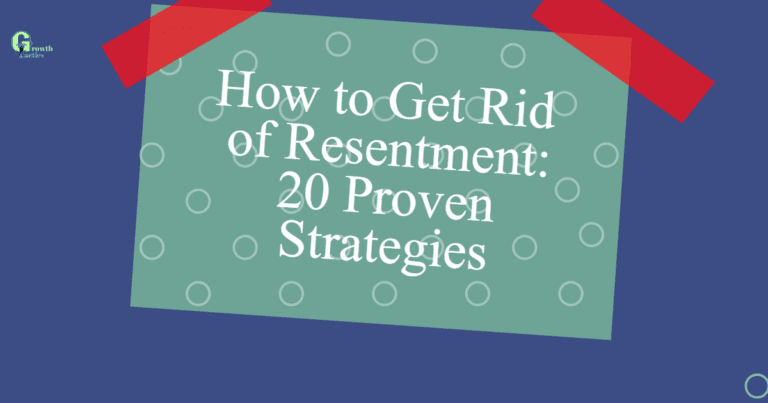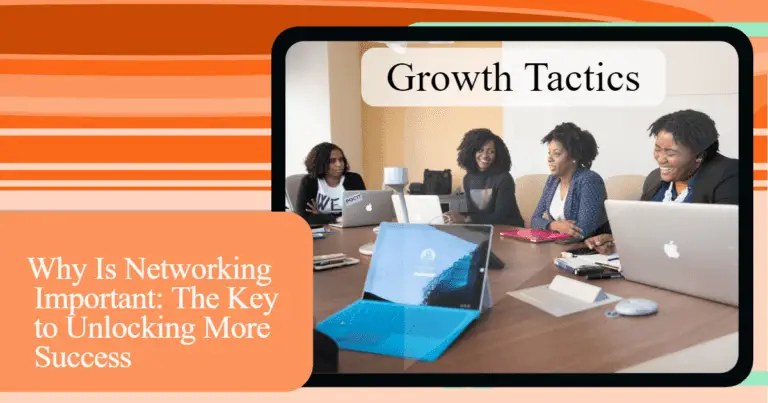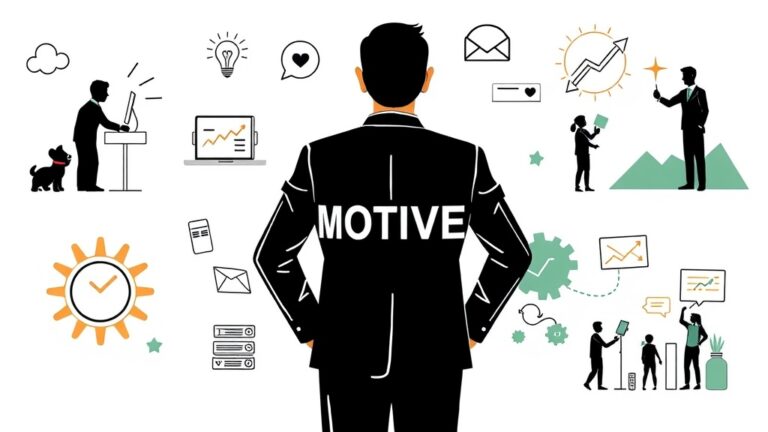We have all been there. Lying awake at night, replaying a past mistake in our minds, cringing at the memory. A thoughtless word, a poor decision, a moment we wish we could take back. But, since they haven’t figured out time travel yet, all we can do is move forward.
This cycle of self-blame is often called a guilt loop or a shame spiral. It is a painful and unproductive state that keeps us stuck, tethered to a past we cannot change. It prevents our personal growth, dims our happiness, and convinces us that we are unworthy of peace. But what if there was a way to break free?
Self-forgiveness is not about letting yourself off the hook or pretending a mistake did not happen. It is about freeing yourself from a prison of your own making. It is the courageous act of accepting your humanity and giving yourself permission to move forward. This article will provide a roadmap to do just that, explaining why self-forgiveness is vital, why it can be so difficult, and offering 15 actionable steps to finally set that heavy burden down.
Jump To Section
Why Self-Forgiveness is Not a Luxury, But a Necessity
Holding onto self-blame is more than just an emotional inconvenience; it effects our entire well-being.
The Mental and Emotional Toll: Continuously punishing yourself for past mistakes is a direct line to chronic stress, anxiety, and even depression. It erodes your self-esteem and makes it difficult to feel joy in the present moment. It is like carrying a heavy backpack filled with stones everywhere you go, weighing you down with every step.
The Impact on Physical Health: The mind and body are deeply connected. The chronic stress generated by guilt and shame can manifest in very real physical ways. These negative thoughts can disrupt sleep, elevate blood pressure, and weaken your immune system, leaving you more vulnerable to illness.
The Barrier to Growth: You cannot truly learn from a mistake you are still punishing yourself for. When you are trapped in shame or even self-hatred, your focus remains on the failure itself. Forgiveness is the key that unlocks the lesson. It allows you to look at the experience objectively, understand what went wrong, and integrate that wisdom into your life for personal evolution.
The Effect on Relationships: When we cannot forgive ourselves, it impacts how we relate to others. We might project our insecurities and negative emotions onto our loved ones, have trouble accepting their love and forgiveness, or even self-sabotage healthy connections because we feel, deep down, that we do not deserve them.
The Roadblocks: Why Is It So Hard to Forgive Ourselves?
If self-forgiveness is so beneficial, why do we struggle with it so much? Several common roadblocks stand in our way.
The Perfectionism Trap: Many of us operate under the false belief that we should be infallible. We see any mistake not as a simple error, but as a catastrophic failure of character. This all or nothing thinking makes it nearly impossible to show ourselves grace.
Mistaking Forgiveness for Condoning: A major fear is that forgiving ourselves means we are saying, “What I did was okay.” This is a crucial distinction to make. Forgiveness is about accepting your humanity and your imperfection, not excusing harmful behavior. You can forgive yourself for being flawed while still acknowledging that your action was wrong.
The Illusion of Control: Sometimes, holding onto guilt feels productive. We believe that if we punish ourselves enough, it will act as a guarantee against making the same mistake again. In reality, this just keeps us focused on the failure, making us more anxious and less capable of making better choices in the future.
The Voice of the Inner Critic: For many, negative self-talk is a deeply ingrained habit. This harsh inner voice may be rooted in childhood experiences, societal pressures, or past criticisms from others. Over time, we internalize it, and it becomes the default narrator of our lives.
The How-To: 15 Life-Altering Tips and Intervention Strategies to Practice Self-Forgiveness
This is your practical guide to letting go. Remember, this is a practice, not a perfect science. What works for me may not work for you. So you’ve got to find what works for you.
1. Acknowledge and Own It Without Judgment
The first step is to face what happened. State the facts of the situation and the role you played, clearly and calmly. Avoid making excuses, but also resist the urge to engage in name-calling or harsh self-criticism. You can have remorse and not beat yourself up for your wrongdoing.
2. Separate the Action from Your Identity
There is a profound difference between saying “I did a bad thing” and “I am a bad person.” Your actions are things you do; they are not the sum total of who you are. A single mistake does not define your entire character or worth.
3. Understand the “Why” with Compassion
Try to understand your past self. What were you feeling or experiencing at that time? What needs, fears, or insecurities were driving your actions? This is not about making excuses; it is about cultivating empathy for the person you were.
4. Feel the Feelings
You cannot heal what you refuse to feel. Allow yourself to experience the guilt, shame, or regret without pushing it away. Sit with these uncomfortable emotions, acknowledge their presence, and understand they are signals, not life sentences. Suppressing them only gives them more power.
5. Write It Out
Journaling is a powerful tool for processing emotions and promoting self-forgiveness. Write down the story of what happened. Even better, write a letter to yourself, from the perspective of a compassionate friend, explaining the situation and offering the forgiveness you seek.
6. Make Amends Where Possible
If your mistake hurt someone else, taking responsibility can be a huge step in releasing your own guilt. A sincere apology, without expecting anything in return, or an action to repair the damage can help close the loop and demonstrate your commitment to your values.
7. Reframe the Narrative
Every story can be told in more than one way. Shift your narrative from one of “failure” and “self-condemnation” to one of “learning.” Ask yourself: What did this experience teach me? How have I grown or changed because of it? See it as a chapter in your growth, not the final word.
8. Practice Mindful Self-Compassion
Talk to yourself with the same kindness, patience, and understanding you would offer a dear friend who made the same mistake. You would not berate them; you would comfort them. You deserve that same compassion.
9. Challenge Your Inner Critic
When that negative voice begins its tirade, learn to recognize it. You can even give it a name. Acknowledge it by saying, “Thank you for trying to protect me,” and then firmly state, “but I am choosing a different, more compassionate path forward.”
10. Create a Forgiveness Ritual
Symbolic acts can be incredibly potent for the mind. Write your mistake on a piece of paper and then safely burn it, tear it up, or bury it. You could also release a leaf into a stream, visualizing yourself letting go of the burden as it floats away.
11. Focus on Your Values, Not Your Mistakes
Remind yourself of the person you aspire to be today and tomorrow. Your values, such as kindness, integrity, courage, and growth, are your true north. Your past errors are just detours, not your destination.
12. Accept Imperfection as a Universal Truth
Remind yourself, frequently, that every single human being on this planet makes mistakes. It is an unavoidable, essential part of life. It is the primary way we learn, adapt, and become wiser. You are not uniquely flawed; you are simply human.
13. Seek an Outside Perspective
Sometimes we are too close to our own mistakes to see them clearly. Talk to a trusted friend, a supportive family member, or a professional therapist. Getting out of your own head can provide much-needed clarity, validation, and a more balanced perspective.
14. Be Patient: Self-Acceptance is a Process, Not an Event
Self-forgiveness is not a switch you flip once and are done. It is a daily practice. Some days you will feel free, and other days old feelings of guilt may resurface. That is okay. Just gently guide yourself back to compassion.
15. Take One Small, Forward-Facing Step
Prove to yourself that you are not defined by your past. Do something today, no matter how small, that aligns with the person you want to be. Volunteer, learn a new skill, or perform a simple act of kindness. Action is the antidote to shame.
Life After Forgiveness: What to Expect on the Other Side
Embracing self-forgiveness is not just about ending pain; it is about opening the door to a more fulfilling life.
Emotional Freedom and Lightness: You will notice the release of that heavy burden. The mental and emotional space once occupied by guilt and rumination will open up, allowing for more peace, presence, and joy.
Increased Self-Esteem and Confidence: When you stop constantly attacking yourself, your sense of self-worth naturally begins to heal. You start to trust yourself more, knowing that you can handle future challenges with grace.
Greater Resilience: Once you learn to forgive yourself for one mistake, you become better equipped to handle future ones. Instead of spiraling into shame, you will see them as opportunities for learning, making you more resilient in the face of life’s inevitable setbacks.
Deeper Authenticity and Connection: When you accept all parts of yourself, including your flaws, you can show up more fully and honestly in your life. This authenticity strengthens your relationships, as you are no longer hiding from yourself or others.
Conclusion: Your Past is a Lesson, Not a Life Sentence
Self-forgiveness is one of the most profound acts of self-care. It is an active, courageous choice to prioritize your well-being and growth over endless self-punishment. It is the understanding that your past is a teacher, not a jailer.
The journey is not always easy, but it is one of the kindest and most transformative things you can ever do for yourself. You are worthy of peace, you are worthy of a bright future, and you are worthy of your own forgiveness.
Choose just one tip from this list to focus on this week. The journey of a thousand miles begins with a single, compassionate step. Everyone makes mistakes, but be the one who doesn’t let them hold you back.








